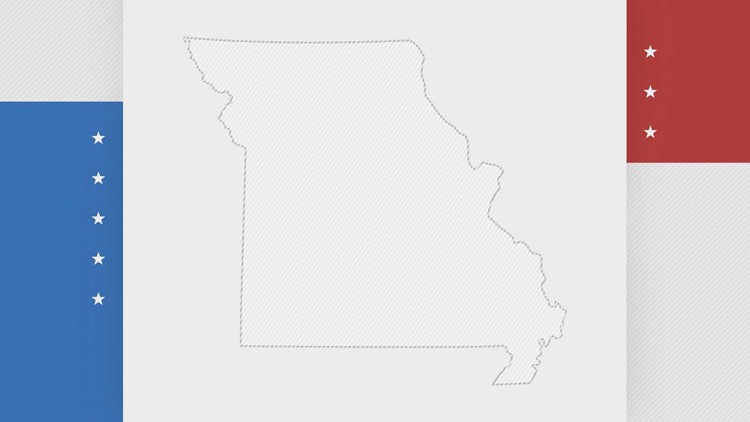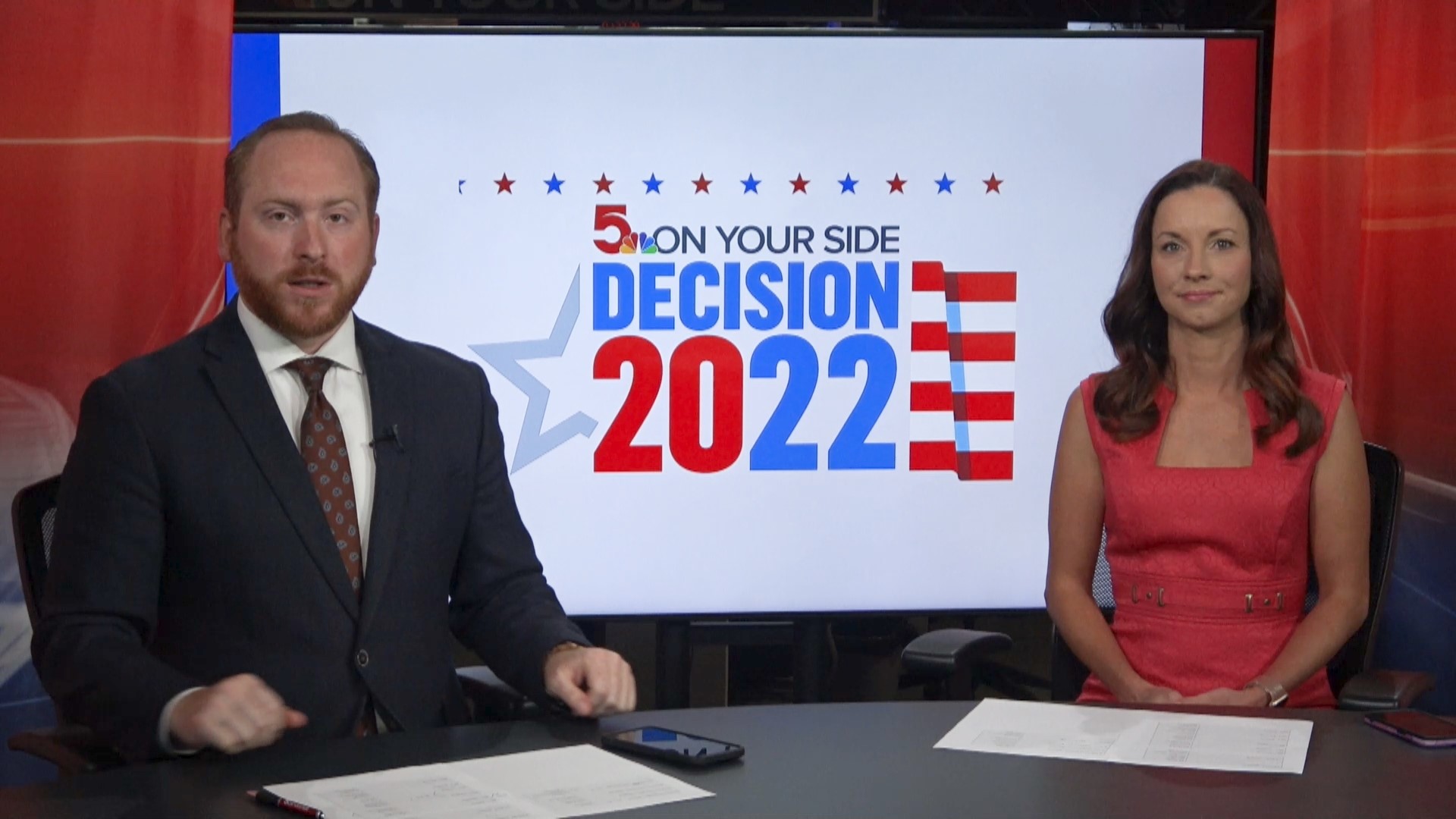ST. LOUIS — April 2 is General Municipal Election Day in Missouri. Voters covered by the Metropolitan Sewer District will vote on two propositions.
5 On Your Side partnered with the League of Women Voters of Metro St. Louis. The nonpartisan organization provides summaries of propositions in plan language, along with a tool that allows voters to see the candidates and propositions on the ballot. Look up your ballot at Vote411.org.
Plan your vote with Vote411.org.
Metropolitan Sewer District Proposition S
Simple majority required.
Ballot wording: Shall The Metropolitan St. Louis Sewer District (MSD), for the purpose of providing revenue to fund capital improvements for flooding and erosion control, impose (i) a property tax on all residential taxable tangible property within the District at a rate of not more than Seven and 45/100 Cents ($0.0745) per One Hundred Dollars ($100.00) of assessed valuation and (ii) a charge upon all non-residential customers, whether public or private, within the District based on the amount of impervious area (IA) on each such customer's real property at a rate of $1.05 per month per 1,000 square feet of IA?
Summary: The proposition would authorize the district to begin addressing thousands of known flooding and erosion problems across St. Louis and St. Louis County. Currently, there is no funding for such work in the region nor a specified entity to take responsibility for fixing the problems. Under the measure, the residential property tax rate would increase by 7.45 cents per $100 assessed valuation. The owner of a home worth $200,000 would pay about $28 more a year in property tax. Non-residential customers would pay $1.05 each month for every 1,000 square feet of surfaces they own that do not absorb stormwater“ such as parking lots. Proponents say flood issues are significant and growing in the region. Climate change stands to increase these problems and cause residents and businesses expensive damages. Much of St. Louis' system for managing stormwater is over 100 years old, including hundreds of miles of sewers built before 1890.
Metropolitan Sewer District Proposition W
Simple majority required.
Ballot wording: To comply with federal and state clean water requirements, shall The Metropolitan St. Louis Sewer District (MSD) issue its sewer revenue bonds in the amount of Seven Hundred Fifty Million Dollars ($750,000,000) for the purpose of designing, constructing, improving, renovating, repairing, replacing and equipping new and existing MSD sewer and drainage facilities and systems, including sewage treatment and disposal plants, sanitary sewers, and acquisition of easements and real property related thereto, the cost of operation and maintenance of said facilities and systems and the principal of and interest on said revenue bonds to be payable solely from the revenues derived by MSD from the operation of its wastewater sewer system, including all future extensions and improvements thereto?
Summary: The proposition would authorize MSD to borrow $750 million to fund the next four years of mandatory wastewater improvements. Those improvements are required by the MSD consent decree, a legal agreement with the U.S. Environmental Protection Agency (EPA) and Missouri Coalition for the Environment aimed at reducing sewage overflows into local waterways. Proposition W does not ask voters whether they want to fund these improvements but rather how they want to fund them – and whether they want to allow MSD to sell bonds and spread out costs of the work, even if it means paying more in the long run. If passed, monthly bills would rise approximately 7% annually. If this proposition does not pass, monthly rate increases would rise much more steeply and jump by as much as 35% in each of the next two years. Voters have previously approved bond issues in 2012, 2016 and 2021 to fund this work. Proponents say that, as the result of work so far, the number of wastewater overflows has decreased by 85% and MSD has put in place additional bill payment assistance programs. However, more than a decade worth of improvements are still needed to further reduce untreated sewage overflows and basement backups and comply with the consent decree. Critics say bills are already too high.
Read more at KSDK.com/guide



